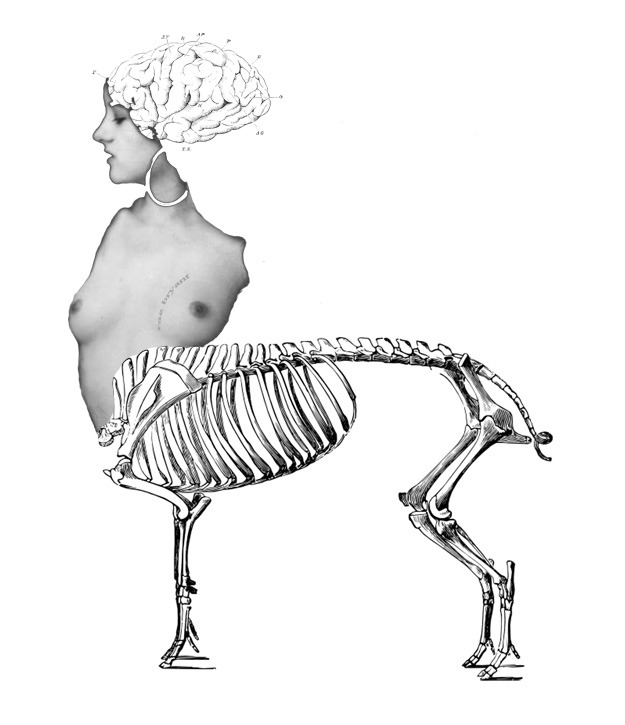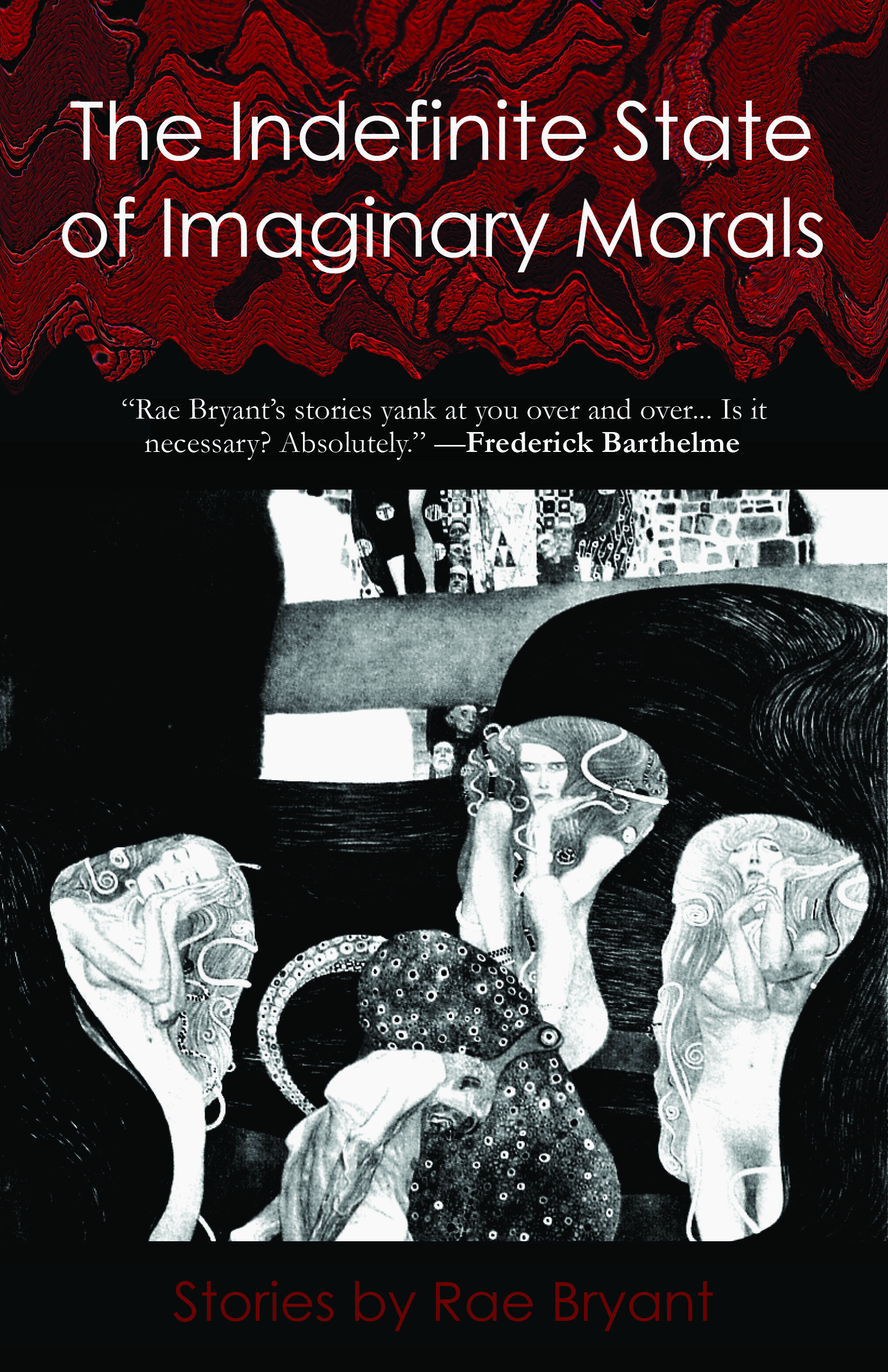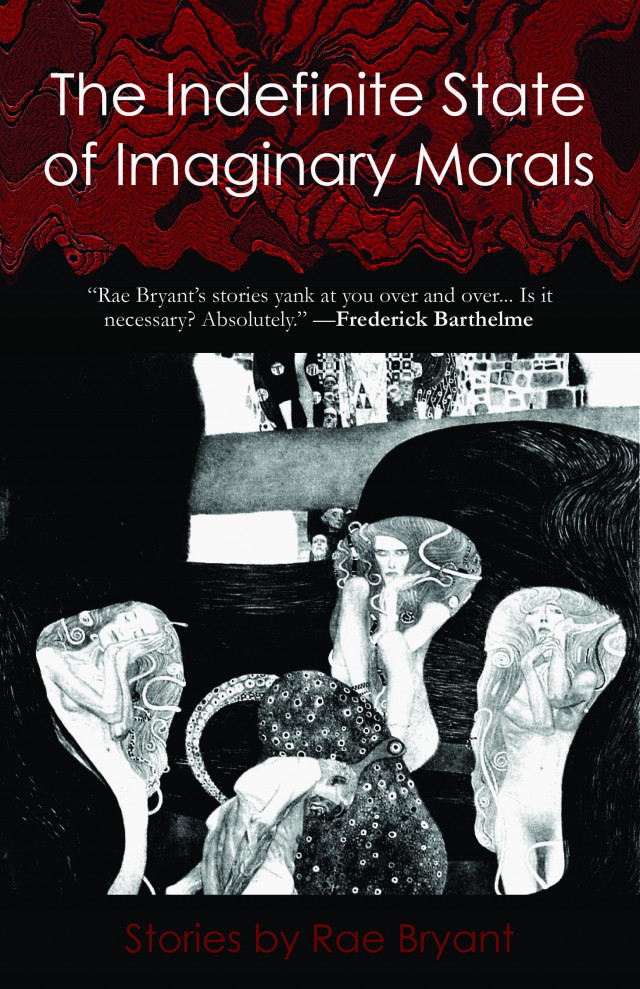
Before attempting to delve into the annals of critical theory, first I must comment on the title, “Adrien Brody,” because I adore Adrien Brody, the actor. I find him and his nose intriguing. I like the shadow-facets of his characters, and how he can bring a full body of darkness to his “good” characters. For this reason, Marie Calloway’s story, “Adrien Brody” (MuuMuu House), spoke to me from the title alone. I also like the aesthetics of modern technology within the landscapes of fictional narratives. I like when writers experiment with this and find new ways to creatively tell a story. I applaud writers who divulge themselves and others in a “real” sense. They are called journalists, memoirists, creative nonfiction writers, and they are to be celebrated when their crafts are true and their intentions are bigger than themselves. Likewise for a fiction writer, the intentions must be equally rigorous, true, and focused on the story. Always the story. To write any other way is masturbatory and easy and pedestrian and sloppy. And when a writer finds herself between the categories of the real and the imaginative, the possibilities are exciting, such as when a writer represents herself as a character within her own narrative—but here there is a backdoor danger. She opens herself for reader responses, not only to her story and craft, but also to her personally, as an entity aside from her art, and this is the place where academic objectivism becomes gray, where critical responses, perhaps more so than in other venues, lose the “gentleman’s code.” Apparently, the code has been lifted in response to “Adrien Brody,” as the code has been lifted for many online debates over form and style and story and writer “legitimacy.” Is it a case of digital diarrhea? Have we lost our good manners when responding to works because it is simply too easy to write whatever pops into our minds and then quickly click ‘send’? Is this an excuse? Read the full essay at The Nervous Breakdown.





 Thank you to
Thank you to